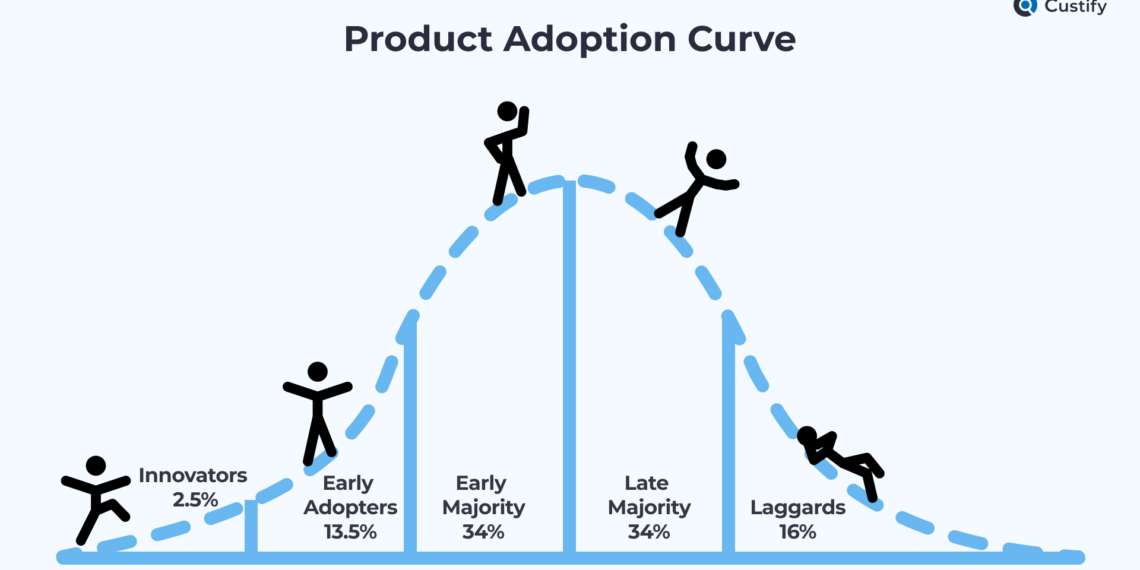Nigerians are feeling a sense of relief following the recent release of several church members who were kidnapped by terrorists from a CAC church in Kwara, as well as the escape of around fifty schoolgirls abducted by bandits in Kebbi.
These developments are viewed positively by both Nigerians and the international community, raising hopes that others still held captive by terrorists may also be liberated.
Importantly, the released schoolgirls and church members appear to be unharmed, although three church members lost their lives during the attacks—a tragedy that will resonate within the CAC community and the wider Nigerian society.
However, many Nigerians are questioning whether this newfound success can be sustained and whether those responsible for the violence will be captured and held accountable to prevent further loss of innocent lives.
Since former US President Donald Trump made a social media post suggesting the deployment of US forces to Nigeria due to what he termed genocide, terrorists have increasingly targeted innocent teenage schoolgirls in Christian schools and adults in churches.
Some Nigerians, including prominent politician Professor Jerry Gana, believe this is a tactic employed by the terrorists to deter US intervention.
Gana argues that the kidnappers are attempting to undermine US military actions against them. This perspective has garnered significant support both within Nigeria and internationally.
It is noteworthy that Trump has issued a new warning to Nigeria, threatening action if the government “continues to allow the killing of Christians,” placing Nigeria prominently on the US’s CPC list.
In response, the Nigerian government has dismissed these claims, calling them “a gross misrepresentation of reality.”
Read Also:
- Senate calls on FG to revise Firearm Laws for responsible Gun ownership
- Foundation ask Wike to reactivate environmental courts to save Abuja from worsening sanitation crisis
- Alleged $14.8m fraud :Sylva writes EFCC, seeks date for appearance
While acknowledging the presence of violent crime in the country, officials stated that “terrorists attack anyone who opposes their murderous ideology—Muslims, Christians, and those without faith.”
To promote lasting peace in Nigeria, particularly in the northern region, Nigerian officials recently engaged in discussions with US representatives.
This meeting, led by National Security Adviser Mallam Nuhu Ribadu, included senior officials from the US Congress, the White House Faith Office, the State Department, the National Security Council, and the Department of Defense.
The aim is to strengthen security partnerships and explore new avenues for cooperation in protecting Nigerian citizens.
The recent increase in violent attacks by bandits has heightened tensions across Nigeria, leaving the Christian community in distress, linking the attacks to Trump’s statements and viewing them as validation of his genocide claims.
A prominent Nigerian politician who ran for the presidency in the 2024 elections has also commented on the recent killings of churchgoers and the kidnapping at St. Mary’s school.
In a post on his verified X account last week, Obi reminded Nigerians of the anger that arose from Trump’s comments a few weeks ago, suggesting that the current events make it difficult to challenge his statement.
He highlighted several violent incidents, such as the kidnapping of 25 schoolgirls in Kebbi State, the murder of an army general and other officers, and the attack on a church in Kwara State, arguing that these events lend credence to Trump’s claim.
As the country debates the meaning of these events, one question remains at the center of national concern. Early gains bring welcome relief, but long term security depends on whether government responses can outpace the speed and scale of the violence. The release of captives offers a moment of hope, yet it also underscores the urgency of a broader plan that can weaken armed groups, restore confidence and prevent further tragedies.
The coming weeks will reveal whether recent improvements mark a turning point or a temporary pause in a cycle that has tested the patience of communities across Nigeria. What happens next, both from security agencies and from political leaders who shape policy, will determine if the momentum created by these sudden successes can grow into lasting stability.






